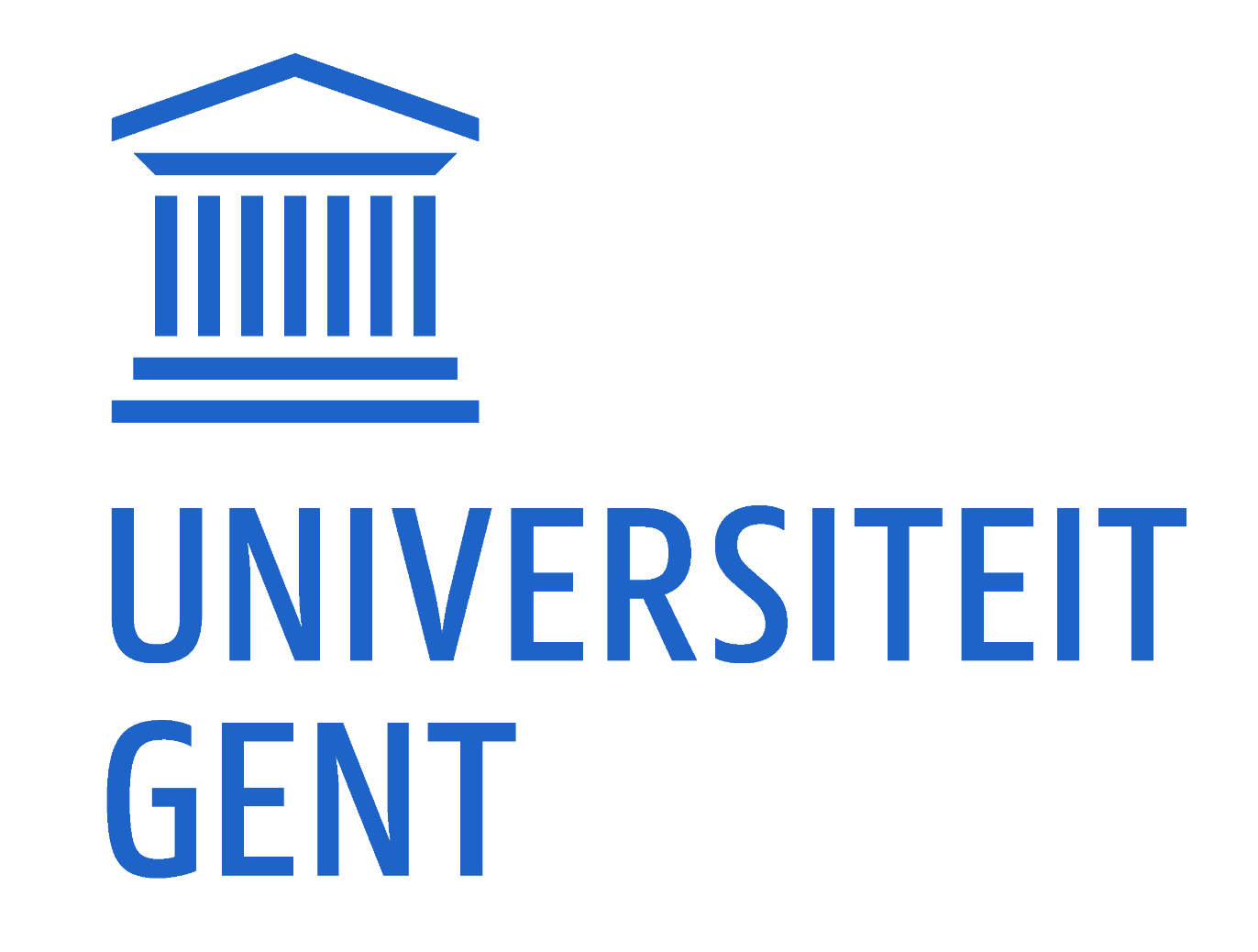Eva Pfannes, OOZE
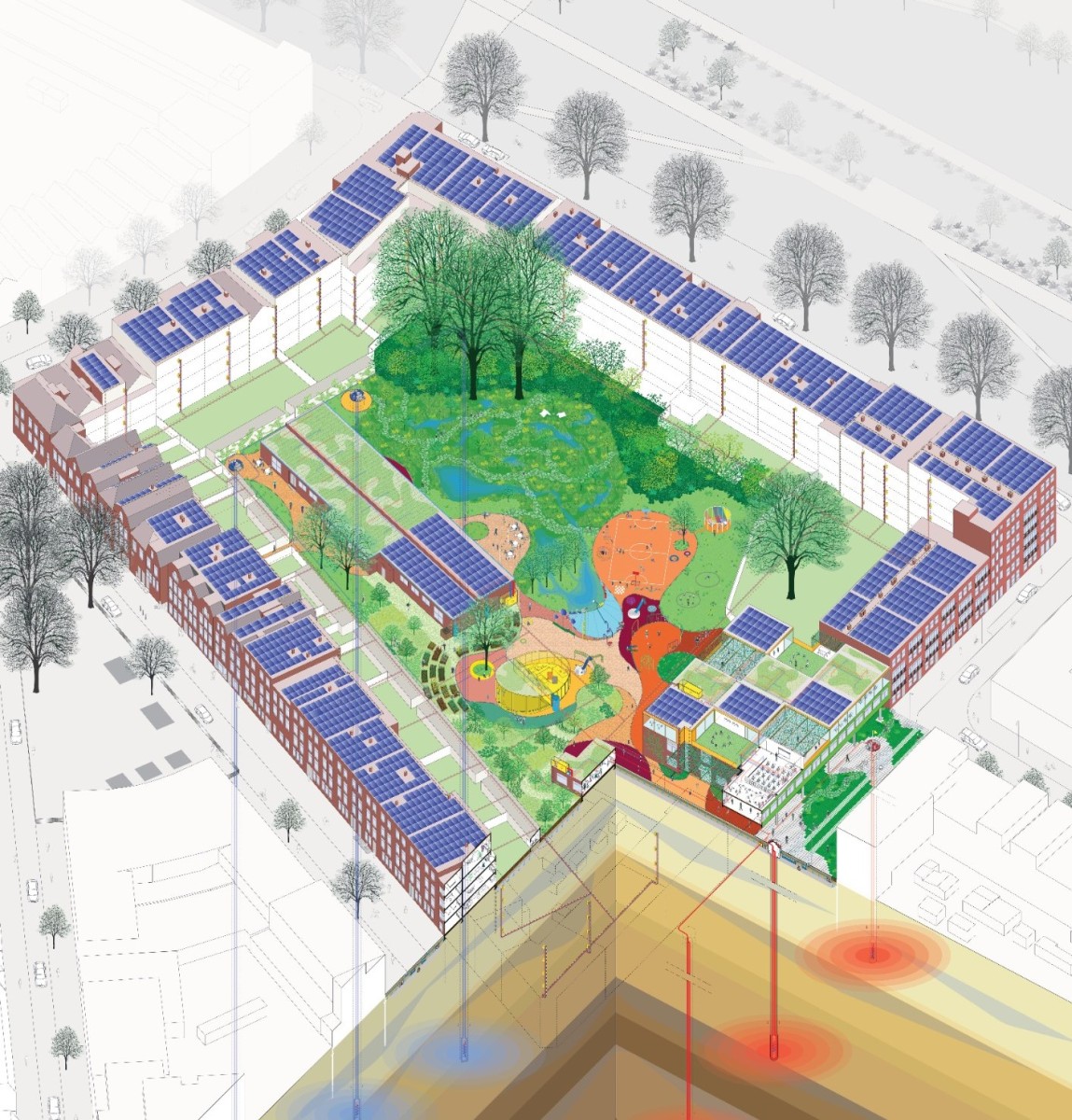 OOZE
LEAP and Dakpark – Exhibition preconfigurations
OOZE
LEAP and Dakpark – Exhibition preconfigurations
Eva Pfannes, OOZE
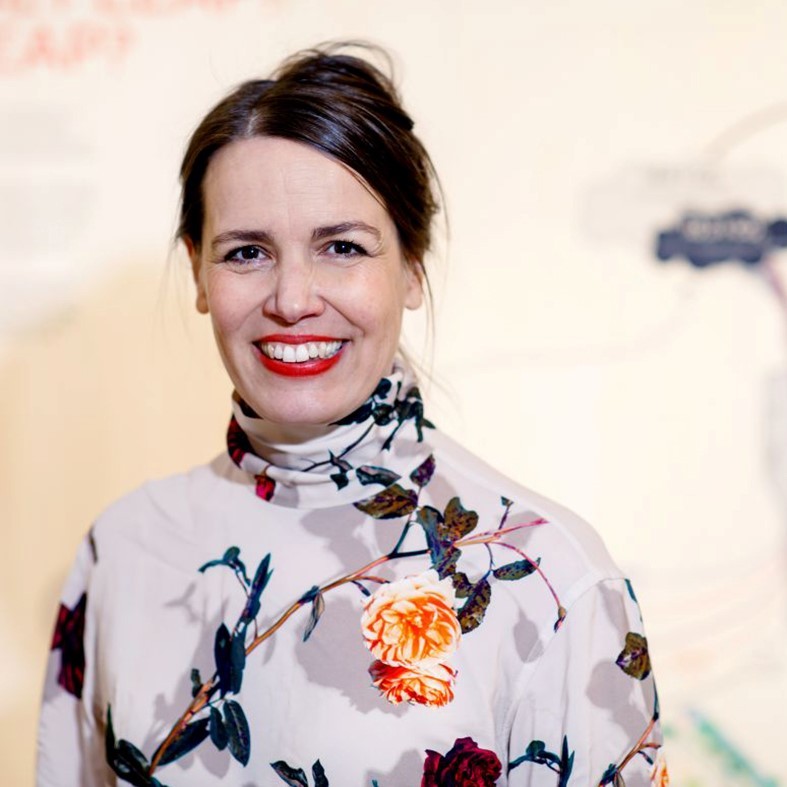 Eva is a passionate practioner and loves working in complex and fast developing environments with public sector and cultural clients, focused on the benefits for society and the natural environment.
Eva is a passionate practioner and loves working in complex and fast developing environments with public sector and cultural clients, focused on the benefits for society and the natural environment.
She co-founded OOZE architects and urbanists with her partner Sylvain Hartenberg in Rotterdam. OOZE specializes in strategic and holistic systems thinking on urban and neighbourhood scale, as well as bankable concept developments that mitigate and adapt to climate change impacts.
For Water as Leverage, Eva is the team lead for the City of 1000 Tanks project in Chennai, developing a water balance model across the city to make the most inclusive, efficient and economic use of water locally.
As lead designer and co-curator for the IABR 2020/2021, Eva and her team developed the LEAP, an integrated, localized energy transition model for the Bospolder-Tussendijken neighbourhood, emphasizing community ownership, multi-scalar benefits, and practical implementation and design strategies.
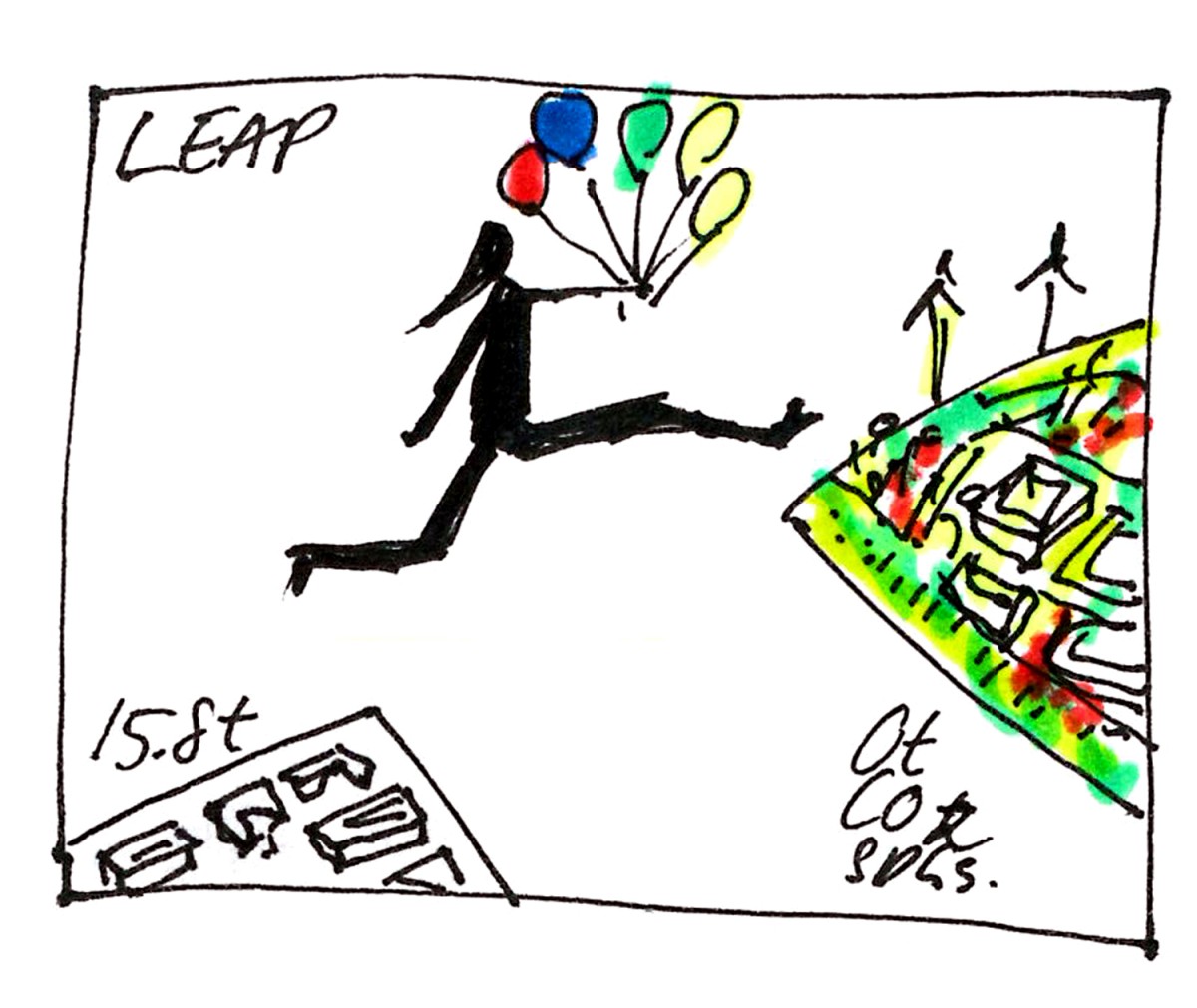 OOZE
Sketch – Making the LEAP
OOZE
Sketch – Making the LEAP
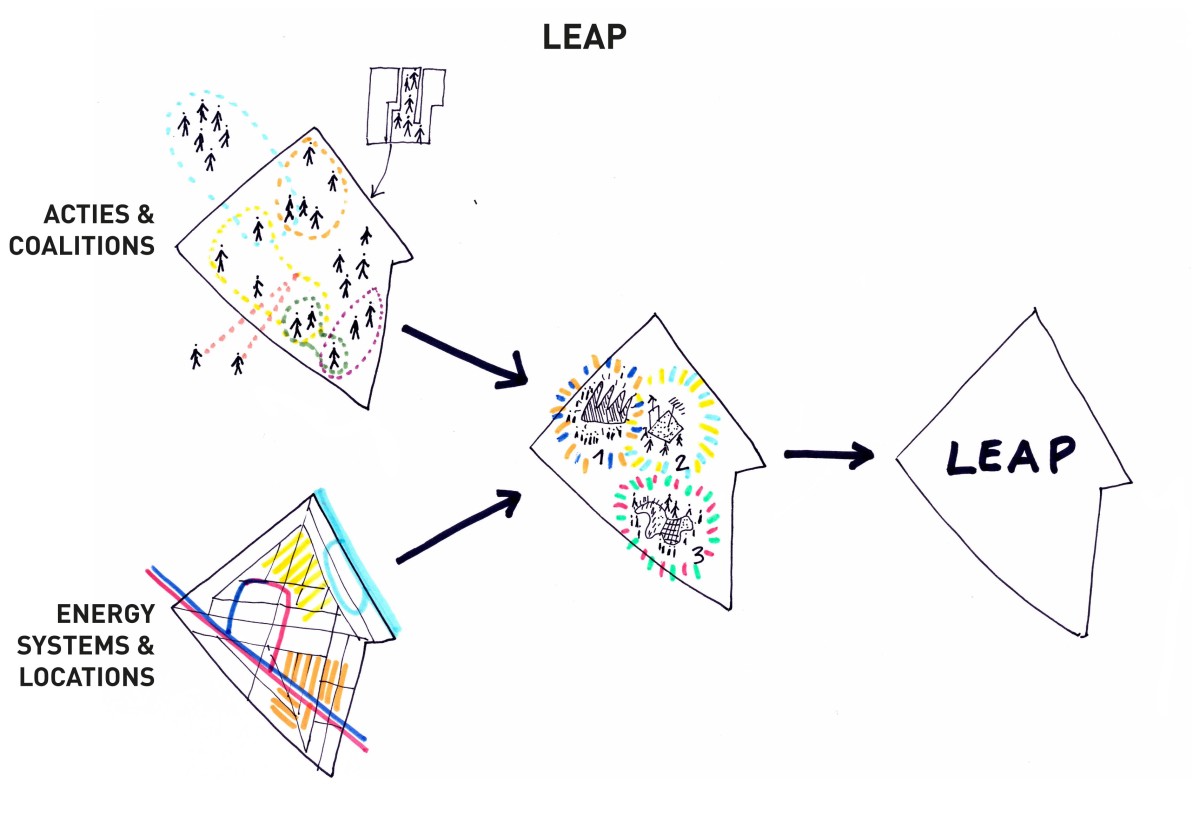 OOZE
LEAP coalitions and systems
OOZE
LEAP coalitions and systems
Countdown to 2030 – IABR 2020/2021
The power of energy neighbourhoods
Every year, the architecture department at UGent organises its JOKERWEEK, an intensive project week in which the regular timetable is interrupted so that students from different academic years can work together on a challenging issue.
Previous editions lit the fuse: the future of our architectural and building culture needs to be more sustainable and socially inclusive. Starting this year, during the Jokerweek students will focus on a relevant and complex socio-spatial issue, led by a curator. Led by Joachim Declerck (Architecture Workroom Brussels/UGent), the 2025 Jokerweek focuses on the energy transition of our existing cores and neighbourhoods.
 Under the title “watt?”, students will explore how we redefine comfort, how we can move from individual to collective heating systems, which building methodologies we develop to accelerate the transition, or how we can fit the new energy infrastructures into our public space. During a lecture and debate programme each afternoon and evening, they will engage with national and international designers and researchers.
Under the title “watt?”, students will explore how we redefine comfort, how we can move from individual to collective heating systems, which building methodologies we develop to accelerate the transition, or how we can fit the new energy infrastructures into our public space. During a lecture and debate programme each afternoon and evening, they will engage with national and international designers and researchers.
